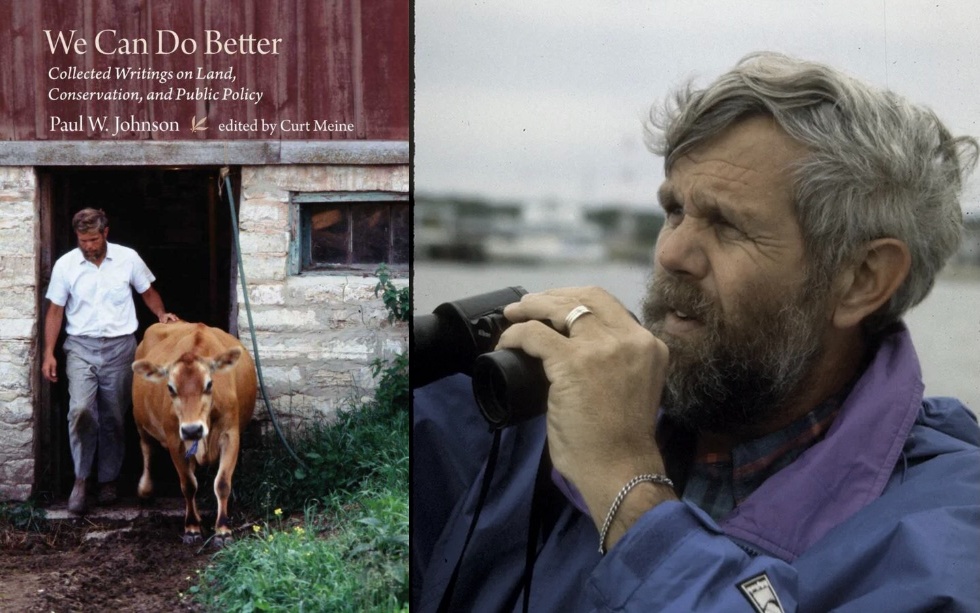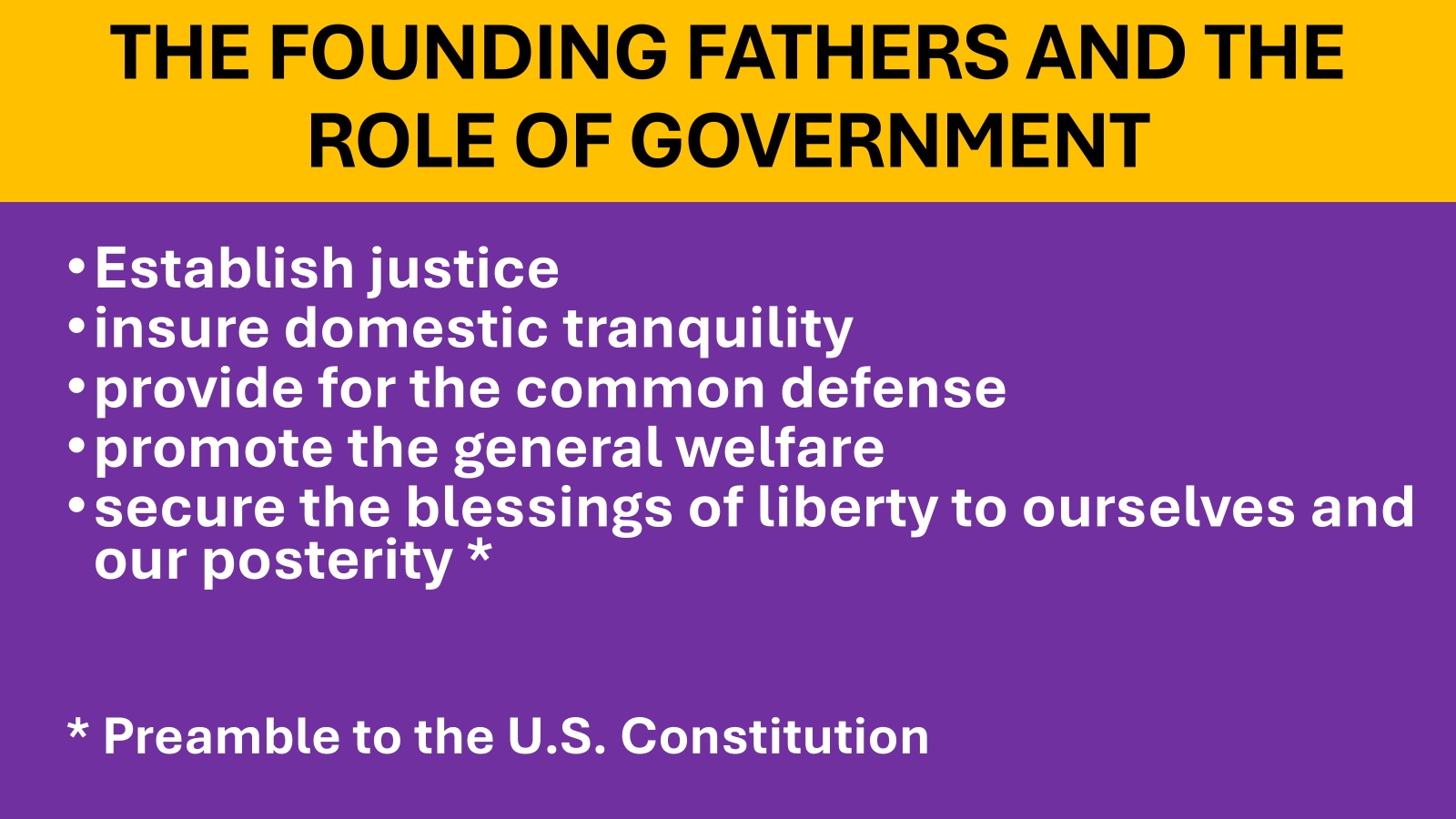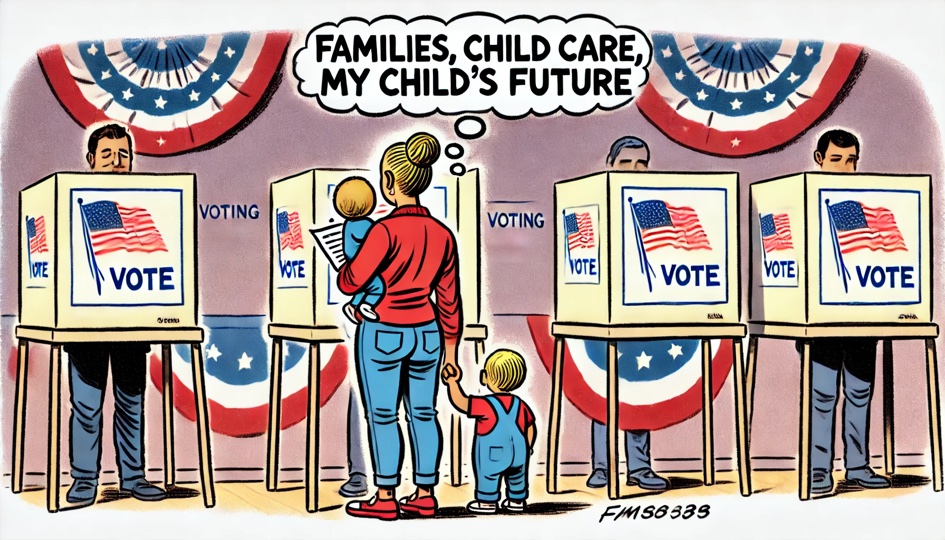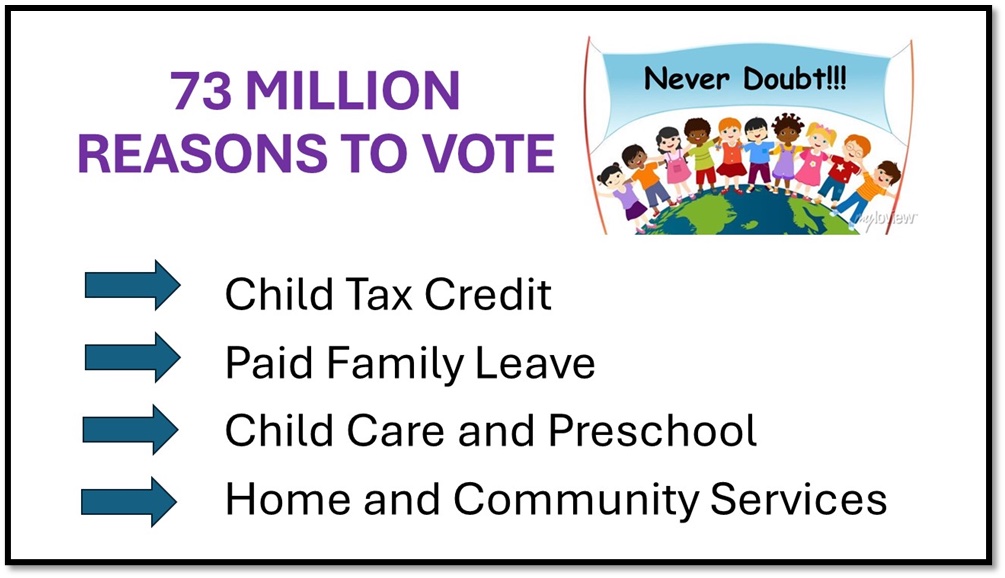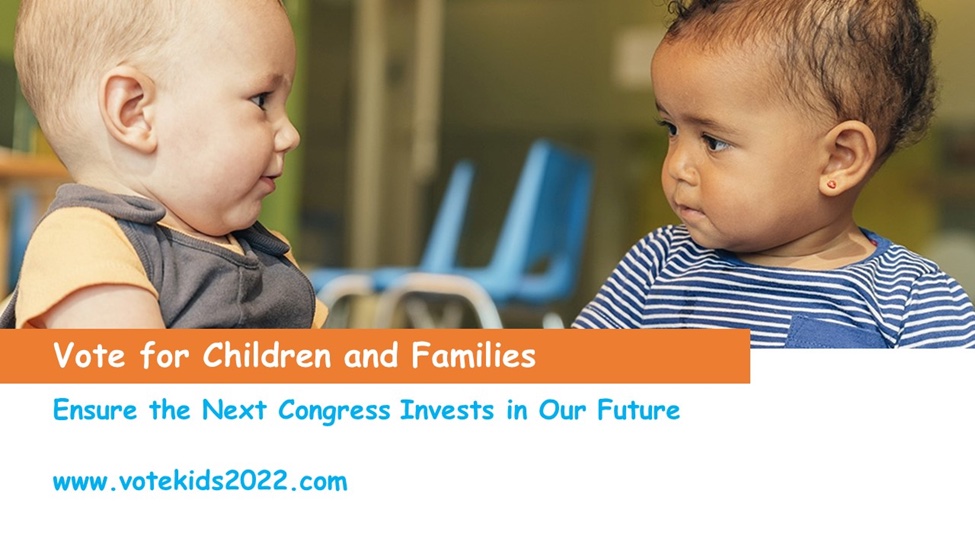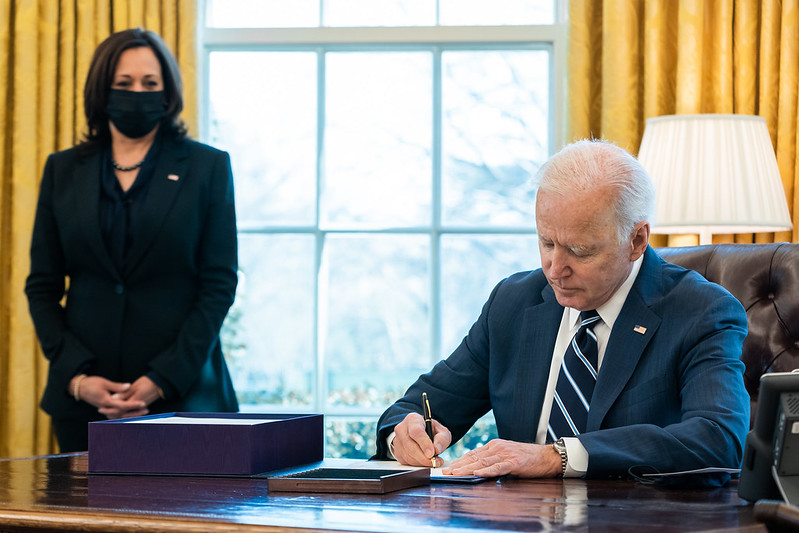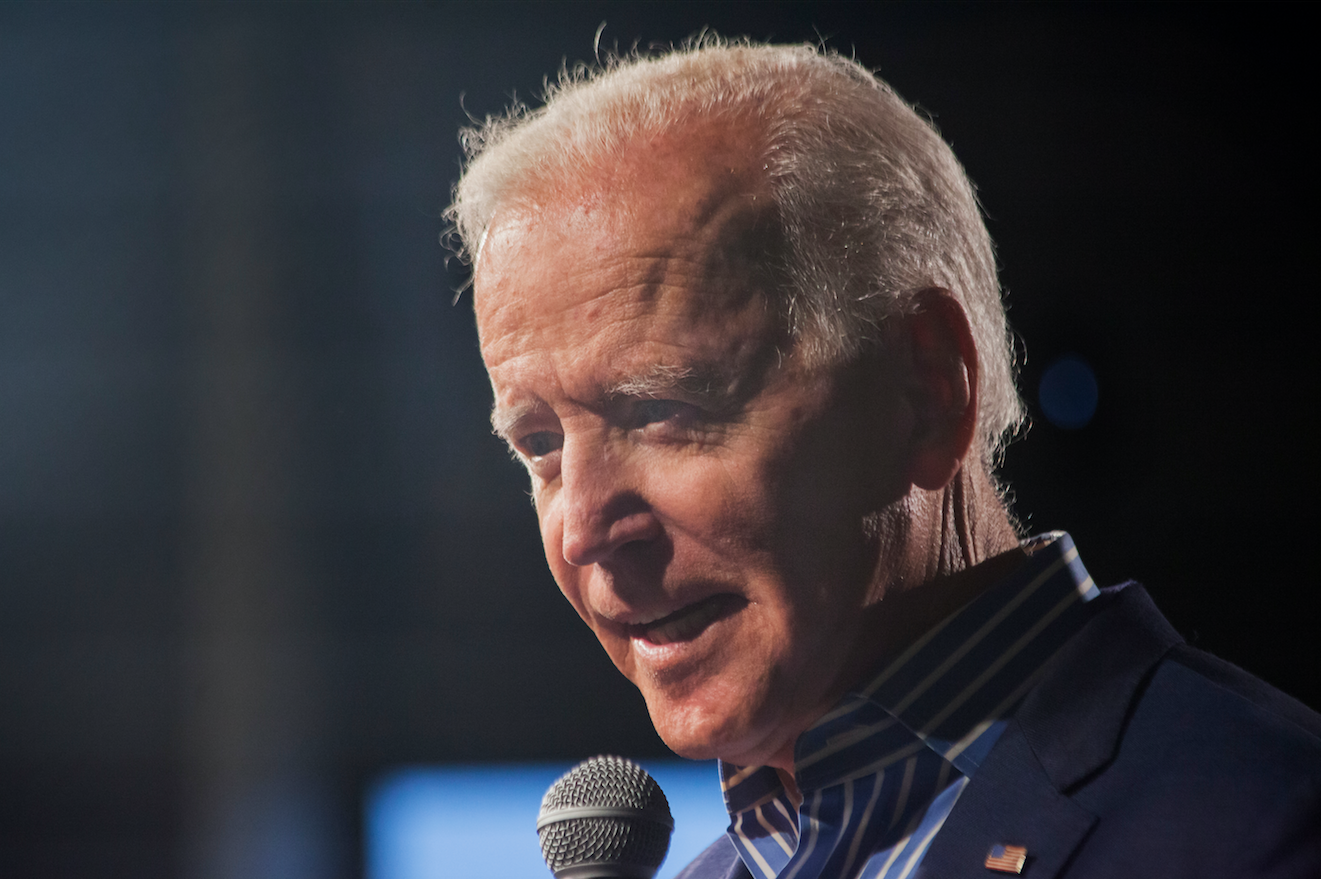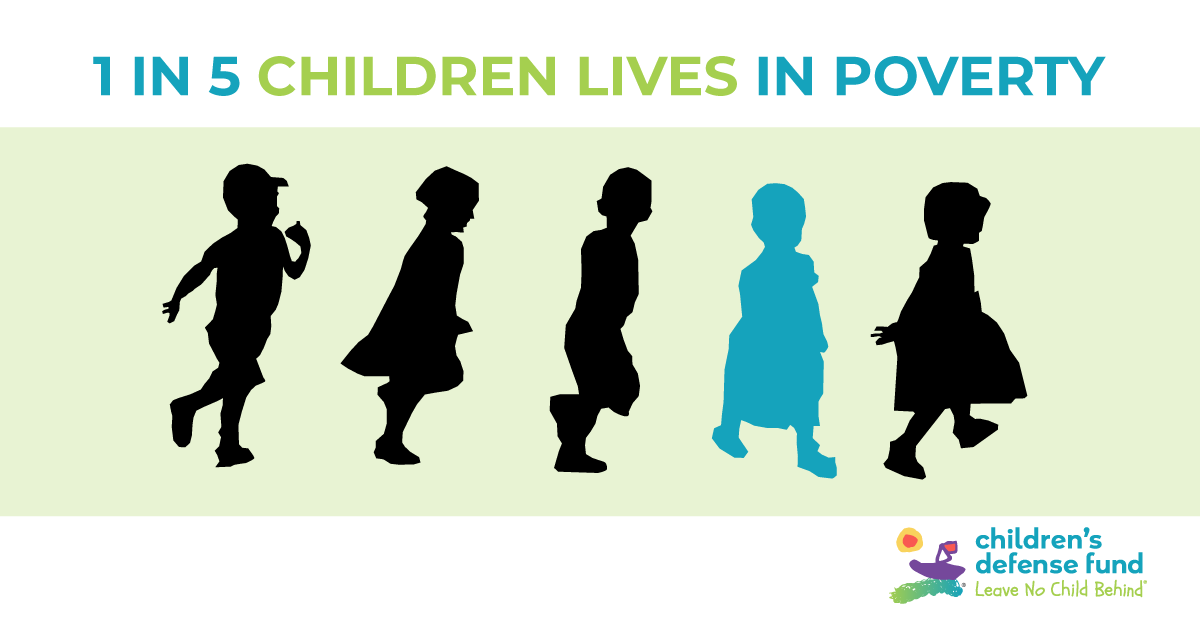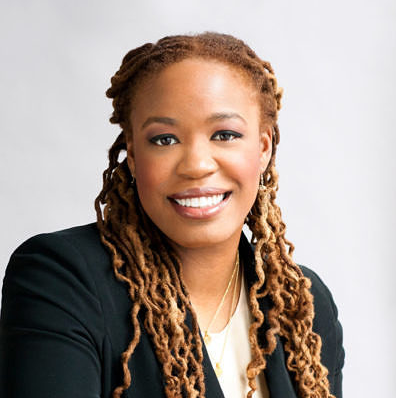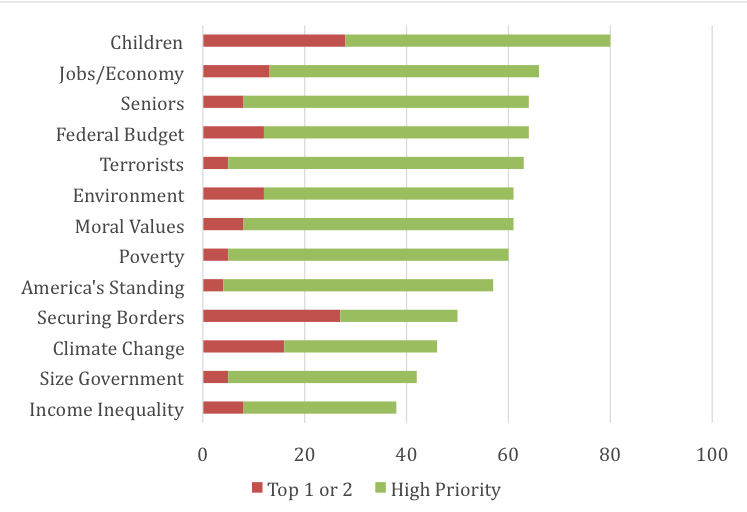Charles Bruner, Ralph Rosenberg, and David Osterberg jointly wrote this piece. All of the authors served with Paul Johnson in the Iowa legislature and remain active in Iowa politics and policy. They serve on the board of the Johnson Center for Land Stewardship Policy, which worked with Curt Meine in the development of We Can Do Better.
A land comprised of wilderness islands at one extreme and urban islands at the other, with vast food and fiber factories in between, does not constitute a geography of hope. But private land need not be devoted to a single-purpose enterprise. With a broader understanding of land and our place within the landscape, our Nation’s farms, ranches, and private forest land can and do serve the multiple functions that we and all other life do depend upon.
That quote is from Paul Johnson’s introduction to the USDA National Resources Soil Conservation Services’ 1996 America’s Private Land: A Geography of Hope, which is even more relevant today than when he wrote it and shepherded that publication.
Paul Johnson (1941-2021) was a pivotal figure in American conservation, dedicating his life to bridging the gap between agriculture and environmental stewardship. A new book of Paul’s writings has just been released.
Continue Reading...
